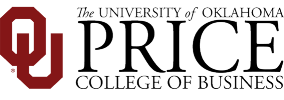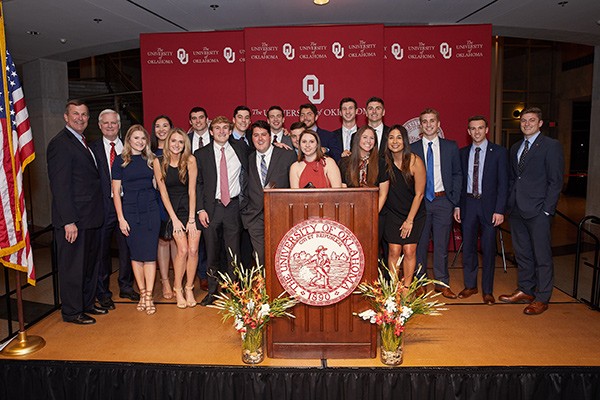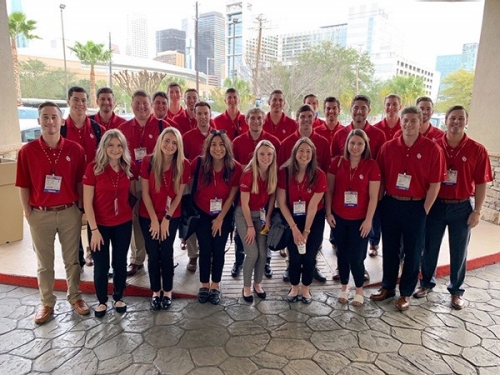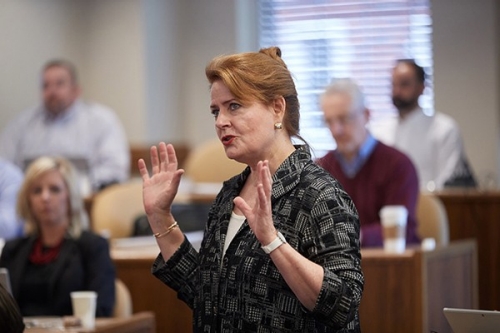The Energy Institute at Price College was established in 2010 as a community of practitioners and academics who advance innovative and sustainable solutions to the critical energy challenges facing our nation and, more broadly, the global community. Since its inception, the Institute carries out its mission of advancing education, research and outreach under the leadership of Professor Dipankar Ghosh, who serves as the Institute’s executive director and holds the David Ross Boyd Professorship and David C. Steed Chair in Accounting.
“The Energy Institute was formed to bring together great thinkers from the energy sector as well as from academia who provide insights and judgments on topics which are consequential to our economic growth and prosperity,” Ghosh said.






